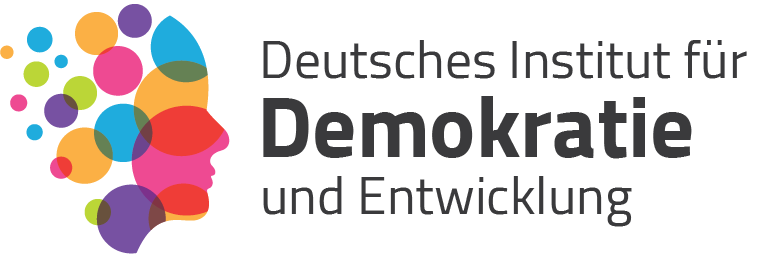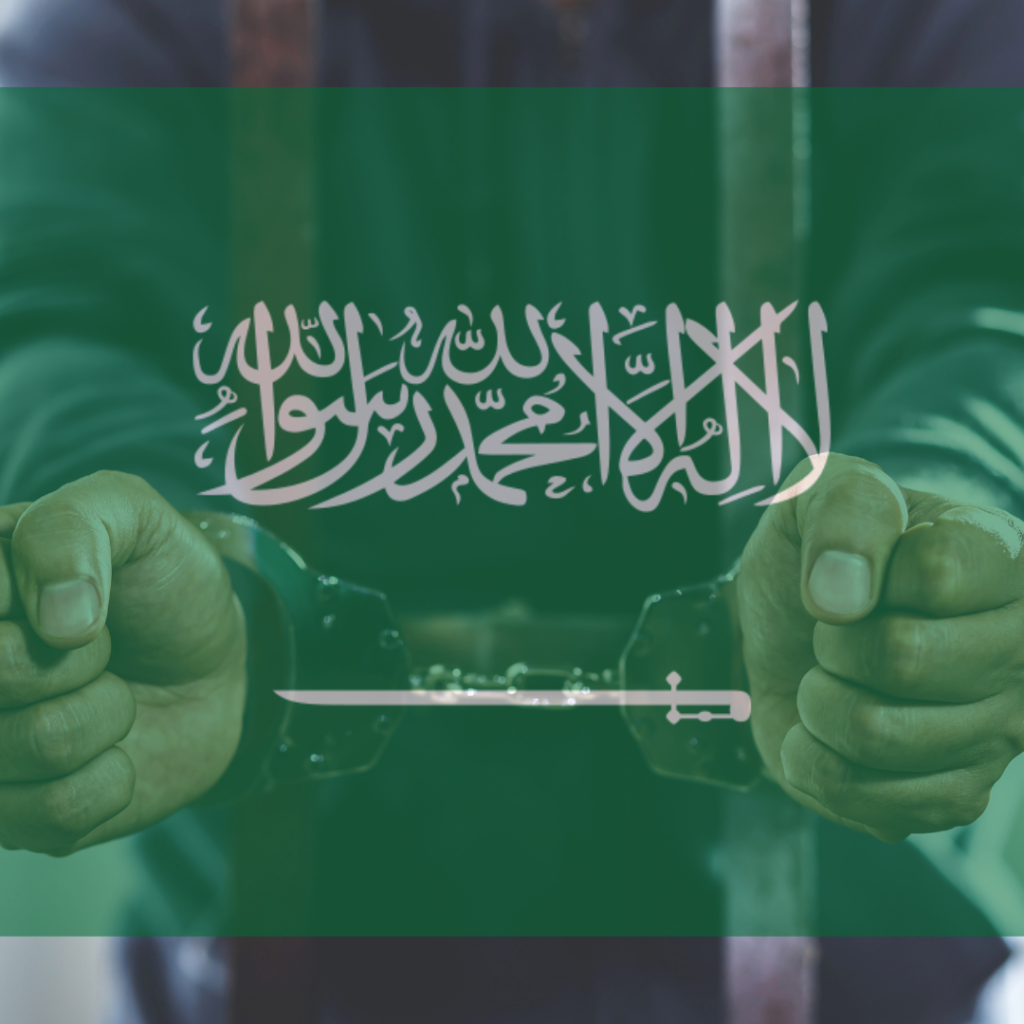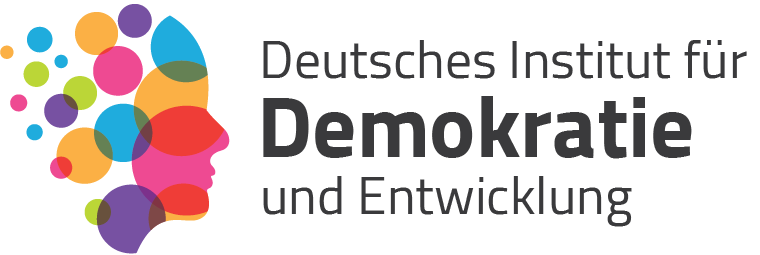Saudi Arabia has been steadily restricting freedom of expression by outlawing any speech that criticizes the government and tightening control over the media. To that purpose, it has targeted human rights activists and charged them with terrorism. Saudis, including children, have been sentenced to death by the legal system in an inhumane manner. The European Union must hold Saudi Arabia responsible for its breaches of human rights.
Saudi Arabia received a 7 out of 100 on the Freedom House rating, signifying a significant decrease in the country’s freedom of speech. The Saudi Constitution protects freedom of expression and the press. Nonetheless, Saudi Arabia has been severely limiting civic space and ruthlessly crushing any claims for human rights and democracy since 2011. Since the ascension of Mohammed bin Salman as Crown Prince in 2017, the repression has only become worse. Saudi Arabia has genuinely devolved into a police state, with any criticism of the regime punishable by death.
Saudi authorities carefully regulate the media in an effort to effectively silence alternative views. They possess the majority of newspapers, television stations, and radio stations and wield considerable power over privately held media. They forbid any criticism of the royal family or the administration. Furthermore, any content deemed to “threaten societal stability,” to be pornographic, extremely violent, or disparaging to Islam is prohibited. This media control is also happening online, where the government deploys automated bots and other accounts to affect the social media environment, eventually targeting and arresting people. Internet activists are being harassed or assaulted by supporters of the administration. Journalists have not only been attacked through poorly defined charges, but academic freedom is also severely restricted. The authorities constantly supervise schools to ensure that the curricula are followed, and instructors are not permitted to teach secular ideas or religions other than Islam. Academics who criticize the government may face repercussions: for example, Hatoon al-Fassi, a history professor and women’s rights activist, was detained in 2018 for her views on the Crown Prince’s reforms, and she is still awaiting trial to this day.
The Saudi authorities have been targeting human rights defenders by depicting them as enemies of the state. The vague and overly broad anti-terrorism law is often deployed against human rights activists, reformers, journalists, and dissidents to harshly suppress and silence their peaceful activities. Defining terrorist activities as “any conduct…intended to disturb public order…or destabilize the state or endanger its national unity”, Saudi authorities arbitrarily arrest, detain, and prosecute all those who dare criticize the government. Similarly, the Anti-Cybercrime Law allows Saudi authorities to target HRDs who exercise their freedom of expression in the digital realm. Due to the judiciary’s lack of independence, Saudi courts often violate criminal processes, including the right to due process, a fair trial, and legal help. In such a system, law enforcement agencies are principally responsible for the perpetuation of human rights breaches. Torture and ill-treatment are used to coerce false admissions of guilt from political dissidents during laborious and pressurizing interrogations.
Women human rights advocates are also being attacked viciously. Since 2018, notable female activists have been unfairly arrested for protesting against the driving prohibition and the guardianship system. Despite the release of certain activists, the government continues to restrict them through travel restrictions and pending indictments for claimed terrorist offences. Loujain al-Hathloul and Nouf Abdelaziz are two heroic individuals who were liberated in February 2021 after being tortured to torture, sexual abuse, and ill-treatment with no access to appropriate recourse or legal safeguards.
The Saudi Law of Criminal Procedure is entirely compatible with the alleged system of abuse and impunity. The law allows authorities broad freedom in making decisions and issuing judgments, allowing judges to subject Saudis to cruel treatment like as the death penalty and physical punishment. After executing 185 people in 2019, Saudi Arabia reduced its usage of the death sentence by 85 percent. However, a significant increase in executions was reported in 2021, with around 40 individuals executed between January and July, and this year, 2022, shows a concerning increase in the number of persons executed by the Saudi government. So far this year, 92 people have been executed, with the March 12th mass execution of 81 people being the greatest known mass execution in the Kingdom’s contemporary history. “Many persons today in Saudi Arabia face death,” says Lynn Maalouf, Amnesty International’s Deputy Regional Director for the Middle East and North Africa.
The Saudi government bases the legality of such severe types of punishment on Sharia principles. Children are not exempt to such brutal and illegal punishments: Mustafa al-Darwish was killed on June 15, 2021, for his claimed participation in the 2011 and 2012 revolt rallies, a “crime” he may have committed as a juvenile.
In July 2021, the European Parliament passed an urgent resolution condemning the execution of Mustafa Hashem al-Darwish and urging the Kingdom of Saudi Arabia to immediately commute the sentences of all other children currently on death row in accordance with its obligations under the Convention on the Rights of the Child. Saudi Arabia must “examine the cases of all detainees presently serving death sentences with the goal of commuted sentences or granting a new and fair trial in which the death penalty will not be applied.” The European Parliament officially condemned Saudi Arabia’s undemocratic political system, in which dissidents, journalists, and activists face severe and brutal repression.
The first EU-Saudi Arabia human rights discussion will take place in Brussels in September 2021. On that occasion, the EU expressed its concerns about the concerning systemic human rights breaches, such as the heinous use of torture and the death sentence to punish human rights activists for nonviolent advocacy. Despite Saudi Arabia’s legislative changes to promote human rights, including women’s full and equal involvement in all aspects of society, the government should step up efforts to transform such legislation into practical advances.
Above all, the European Parliament urged Saudi authorities to “quickly and unconditionally free all human rights defenders, women’s rights defenders, nonviolent critics, and activists held in Saudi jails.” The EU should “establish clear standards” to assess whether Saudi Arabia is making tangible progress toward promoting democracy and human rights. Despite the fact that the EU-Saudi discussion is a first step in the right direction, the European Parliament should continue to push for holding Saudi Arabia accountable for its crimes by putting human rights ahead of member states’ national interests.


